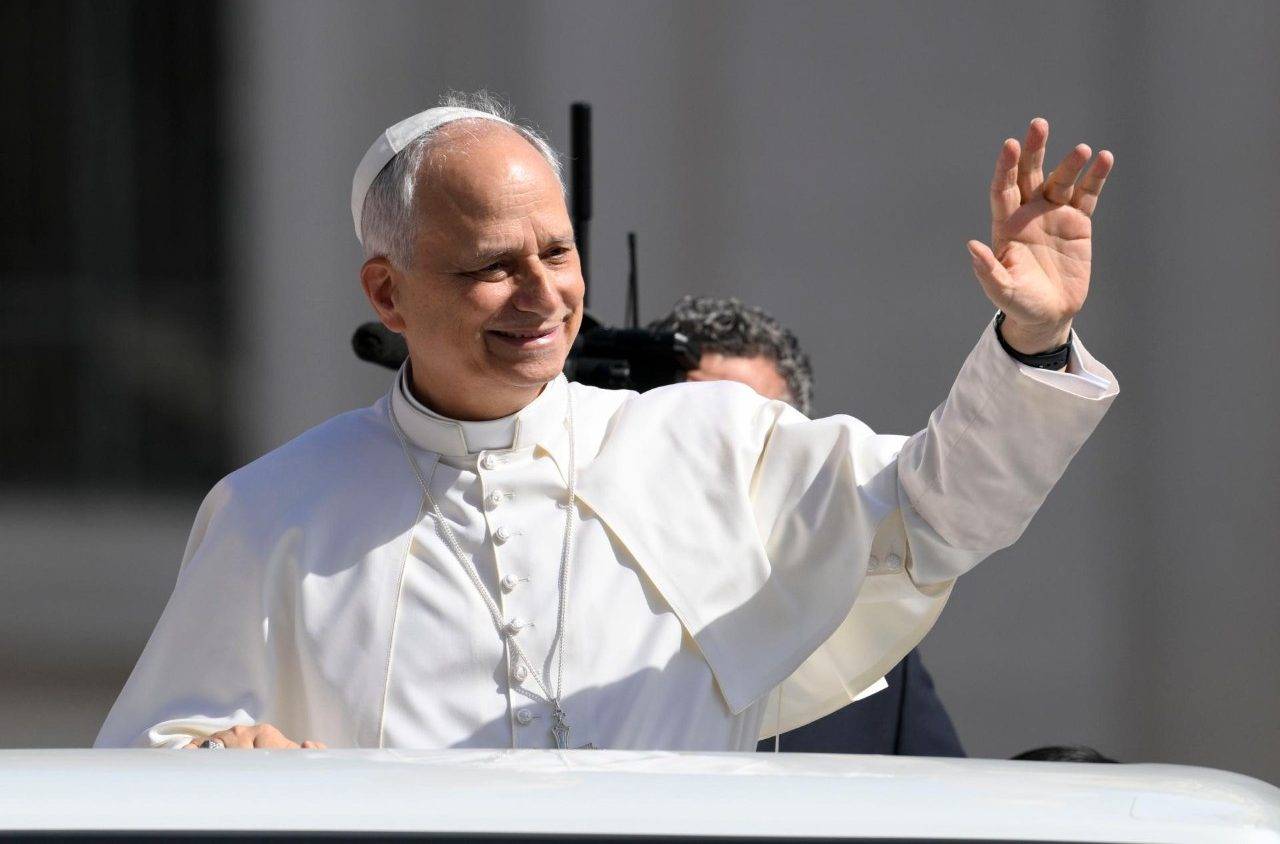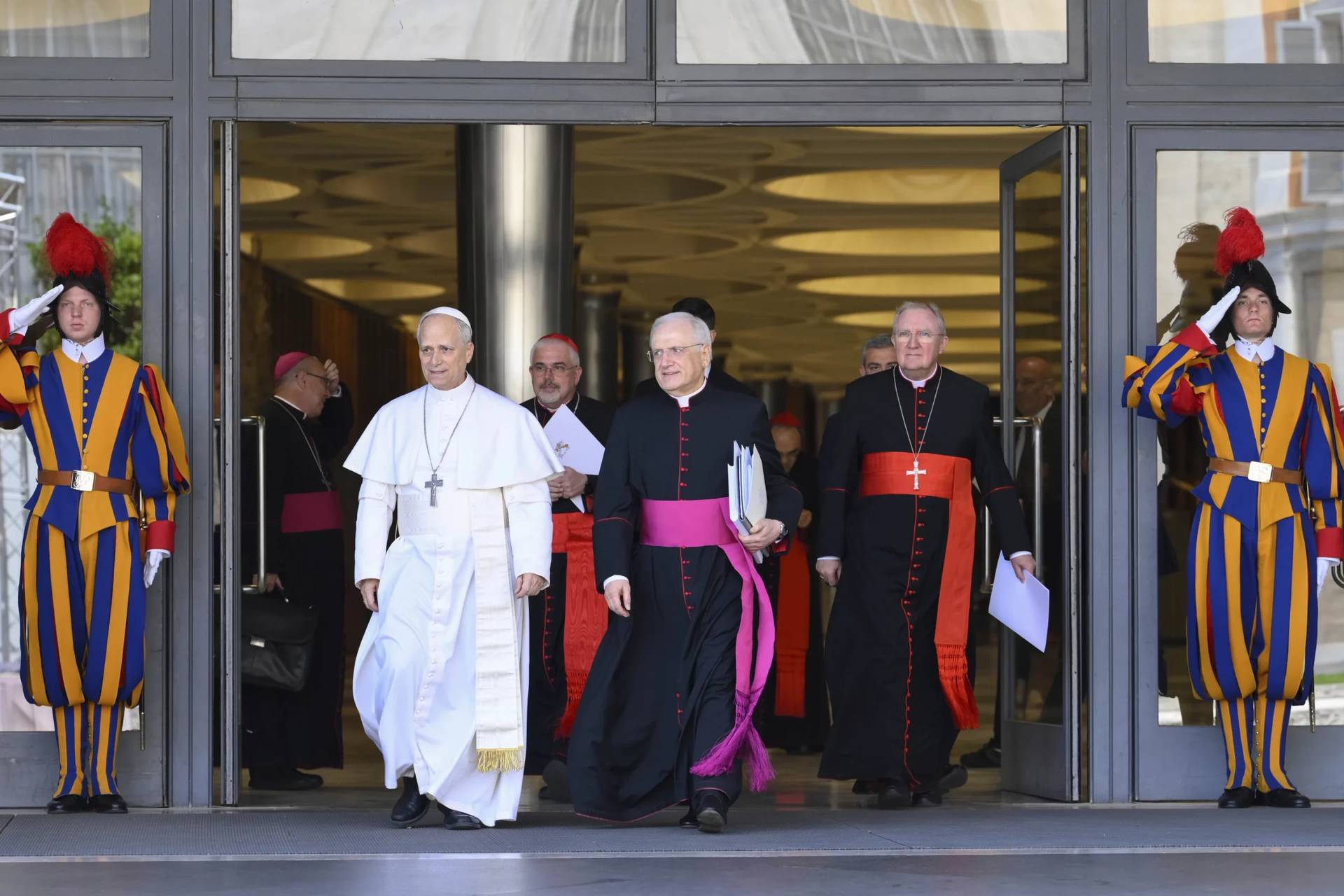In Lee Child’s terrific series of “Jack Reacher” novels, about a former military cop turned drifter who roams about righting wrongs, the title character has an unwavering rule when he sees conflict on the horizon: “Get your retaliation in first.”
The idea is that if you know the other guy is about to pick a fight, don’t wait for him to strike first – pummel him before he ever has the chance.
In the run-up to Pope Francis’s arrival in the country next Wednesday, it would seem Poland’s Catholic bishops have become huge Jack Reacher fans.
On Saturday, they got their retaliation in first by asking the Vatican Press Office to release a set of information and analysis about the situation in Poland vis-à-vis migrants and refugees, ending with a line from Bishop Stanisław Gądecki of Poznan, president of the Polish bishops’ conference, on the pontiff’s position.
“Pope Francis is in favor of a policy of integration, and not that of multi-culturalism desired by elements on the left,” Gądecki is quoted as having said in a homily on July 10.
Just to make sure no one would miss that this was the money quote, the Vatican press release published the line in bold-face.
As is well known, Poland’s current right-wing government under the Law and Justice Party has been ambivalent about its willingness to welcome the waves of refugees currently attempting to get into the EU from the Middle East and Africa.
A recent European public opinion survey found that Poland and Hungary are the two nations most hostile to refugees, with over 70 percent of Poles reporting fears about immigration related to both terrorism and competition in the domestic labor market.
The Law and Justice Party in Poland has deep Catholic roots, and close ties to many influential members of the hierarchy. Its opposition on the left would like nothing better than to drive a wedge between the party and the church, and undoubtedly sees Pope Francis’s well-known pro-immigration stance as a chance to do exactly that.
Just a few weeks ago, leaders of the country’s left-leaning, agrarian and centrist parties rallied thousands in the streets of Warsaw and Krakow chanting, “We are and will remain in Europe,” in part a reference to assertions that the closed-door approach of the Law and Justice government is alienating Poland from its European partners.
In that context, Polish bishops are undoubtedly aware of the risk that anything Francis says about migrants and refugees – and, for sure, he’ll have something to say on the subject at some point – could be swept up into Poland’s domestic political tensions, and potentially used to suggest that the bishops aren’t on the same page with their boss.
Knowing the risks, therefore, they apparently decided they wanted something on the record with an official Vatican seal of approval – attempting, in something of a rarity for church officials when it comes to public relations, to defuse the bomb before it goes off.
It remains to be seen whether the gambit will work, in part because media outlets thrive on stories of conflict, and in part because there actually are some differences between the way Pope Francis talks about the situation of migrants and refugees and the way more socially conservative prelates in nations such as Poland and Hungary size up the situation.
Nevertheless, if a political fray does break out here over the pope and refugees, let no one say the Polish bishops didn’t see it coming, because Saturday’s Vatican releases stands as “exhibit A” for their awareness of what’s in the forecast.















